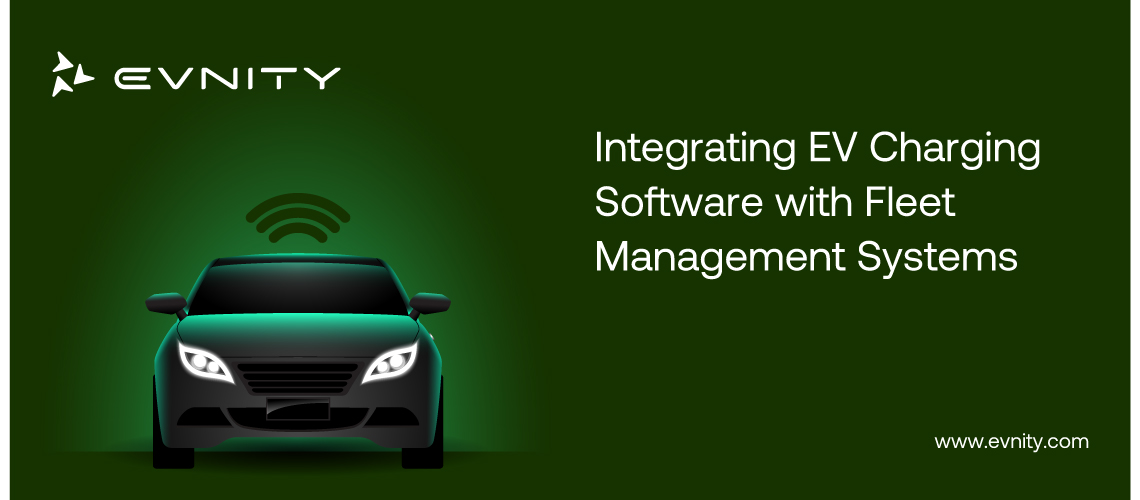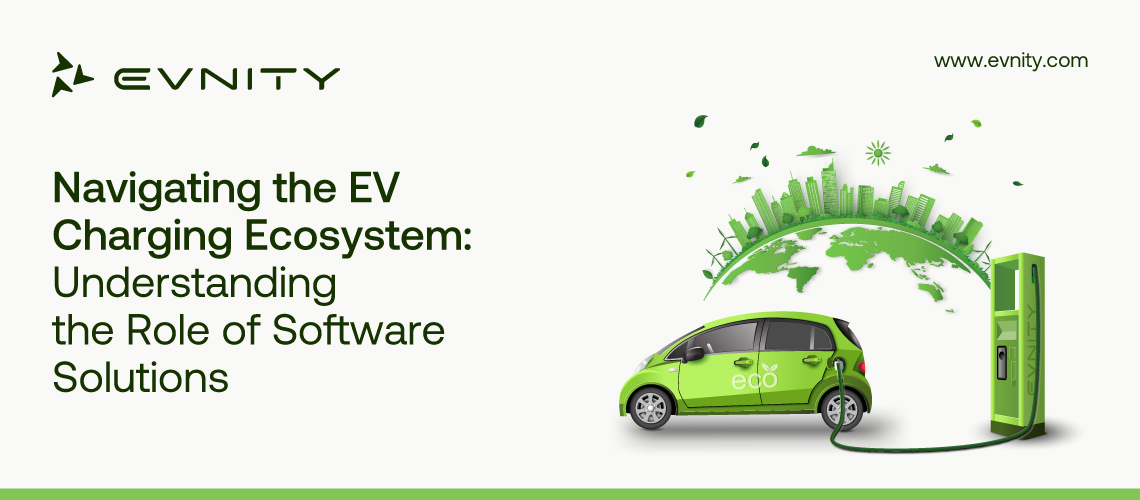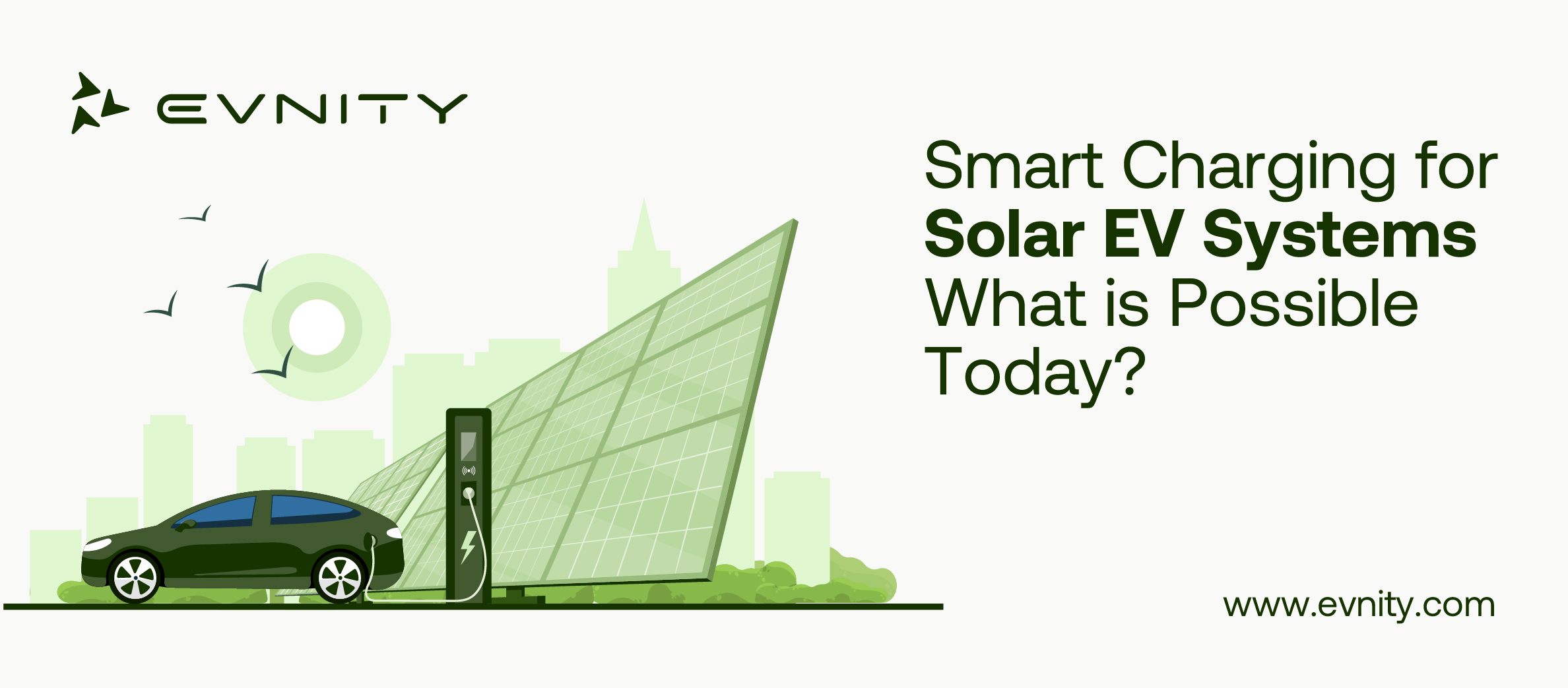Overview
By allowing EV charging stations to use a variety of hardware and software vendors, the Open Charge Point Protocol (OCPP) enables companies to create networks more quickly and affordably. Our EVSE lacks OCPP features because it is not networked, in contrast to EvoCharge's iEVSE solutions for commercial use. Although a system must adhere to the Open Charge Alliance's standards to claim to use OCPP, some charging stations are technically using those protocols even though they cannot fully connect with any networks. An actual OCPP EVSE unit can use any network with the same protocols that are available.
Benefits and Considerations
What Is OCPP?
An application protocol for communication between an electric vehicle (EV) charging station and the charging station management system is called the Open Charge Point Protocol (OCPP). Regardless of who owns and operates the network, a more extensive range of EVSEs and central management system networks can now cooperate thanks to support for international standards. The charging unit and the central management system couldn't "talk" to each other and wouldn't function without defined protocols. Due to the fact that EVSE units have two governing systems that can be made and provided by the same company or by different ones—the physical charging station and the central management software or systems that control various factors—application protocols allow technology to manage and execute multiple actions.
Characteristics Of OCPP
This protocol allows a networked EV charger and an OCPP-compliant charging station management system (CSMS) to communicate openly. In order to interface with and troubleshoot the EV driver, it includes device management, load balancing, transaction processing, security, access control, display and messaging support, and standardized messages. The complex aspect of power management is dependent on both the CSMS provider and the EV charger. Security and access control allow network managers to limit access to chargers while transaction processing accepts and processes charging authorizations and billing. Display and messaging support provide standardized messages to communicate with and troubleshoot with the EV driver.
Position Of OCPP In Infrastructure For EV Charging
The backend management system (BMS) is in charge of the cloud-based Charging Station Management System (CSMS). Communication between the CSMS and the Electric Vehicle Supply Equipment (EVSE) installed at the charging stations is crucial for efficient charging operations. The communication between the CSMS and EVSE, or the charging station and its management systems, is facilitated by OCPP.
Why Should EVs Charge Using OCPP?
An open-source protocol called OCPP makes using and installing electric vehicle charging simple. It guarantees compatibility between various market brands, protects competition, and enables pre-authorization of charging sessions. The backend management system receives real-time updates during the charging process, allowing it to keep track of which charging devices are operational, which are not, and which are being used. Owners of charging stations can configure new charging points, update firmware, and control charging operations remotely. In order to create a place for selecting online billing and payment alternatives, it also delivers billing information to the backend administration systems.
OCPP's Significance In EV
Electric vehicles benefit from OCPP because it gives them the option to control charging patterns based on demanding schedules. The CSMS can optimize the scheduled charging of the EVs starting with version 1.6, which regulates energy consumption. Limiting the power supply to each gun also enables priority charging for specific vehicles. Integration with the Grid is made possible by OCPP compliance, supporting peak time demands and ensuring market competition. In order to speed up communication between the EV and the Grid, the most recent versions of OCPP are compliant with ISO 15118, which means the protocol is defined for bi-directional energy transmission. Additionally, OCPP operates on EVSEs regardless of their charging protocols, so it is independent of the charging methods.


